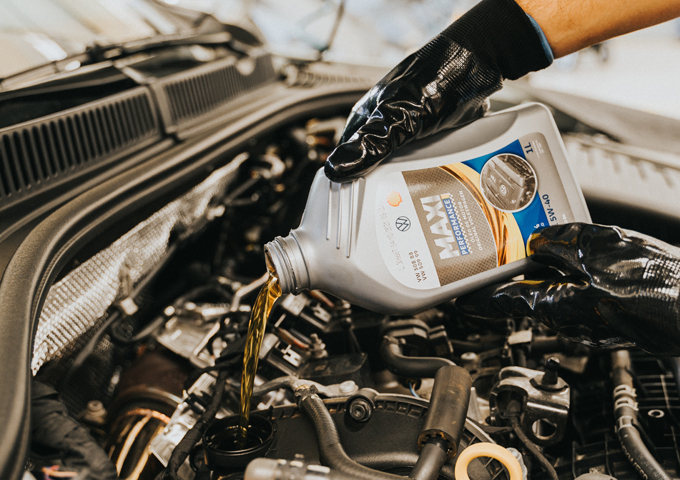
Engine oil is vital to ensure that internal combustion-powered vehicles run smoothly. Every engine requires a lubricant and engine oil, but you may be wondering why there are different types, about their differences, and do these differences really matter. Even when your vehicle is still relatively new and you have it serviced regularly, the oil levels still need to be checked.
Older engines tend to go through more oil or even leak, which means you should be checking the dipstick more frequently to ensure the oil remains over the “minimum level”.
Why Should You Keep The Oil Levels Topped Up In Your Car?
If the minimum level for engine oil is not maintained in your car, it is likely that the important engine components won’t be receiving the oil that they need or they can fail catastrophically or wear prematurely.
This is why it is essential to make sure the oil levels remain topped up. It is also very important that the engine oil is changed at service intervals recommended by the manufacturer since the oil will also wear out.
What Is The Difference Between Mineral Oil And Synthetic Oil?
When compared to synthetic oil, mineral oil is cruder and far cheaper to produce. It also provides the ideal protection for engines that are less demanding.
Synthetic engine oils are premium when it comes to engine lubrication when it comes to high-performance vehicles. Despite its name, synthetic oil comes from the black, thick substance that is ejected by the oil wells. It is different in association to its properties and molecular structure, which is refined, modified, and “synthesised” through complicated laboratory processes.
What Are The Viscosity Ratings For Engine Oil?
In order for engine oil to provide sufficient performance and protection it needs to “flow” correctly around and through the components of the engine. This technical term is known as “viscosity” and was measured at 100 degrees Centigrade traditionally.
But the engines of cars operate across different temperatures, especially when they are cold and first start up. Oils made for normal operating temperatures are far too thick, especially when the car’s engine is too cold. This is when the majority of engine wear occurs. Today the solution to this issue is “multigrade oils”, that use VII additives, which stands for Viscosity Index Improvers which makes the oil flow more freely when the temperature is low.
A Battery-powered pump with brushless motor FBM-B 3100 is the ultimate lightweight, cordless solution for emptying containers, barrels and even IBC’s. The motor is quiet, maintenance-free and has a long battery runtime of up to 200 min.
What Else Goes Into Engine Oil?
It is not only about mineral versus synthetic oil and oil grades. Engine oil is also a chemical complex soup that is designed for lubrication, energy efficiency, protection, and specific types of adaptations to match the latest innovations such as diesel-particulate filters.
So, the next time you buy engine oil, the can will usually have all or some of these ingredients blended in VII (Viscosity Index Improvers) which we have already talked about, dispersants, detergents pour-point depressants, friction modifiers, anti-wear agents, foam inhibitors, corrosion inhibitors, and antioxidants.
What Type Of Engine Grade Is The Best For My Car?
You should check your owner’s manual or the website of the car manufacturer. In most cases, there will be specific OEM (original equipment manufacturer) standards quoted which the oil manufacturers then pick up on.
If you are able to locate the maker’s OEM code for your vehicle, followed by a Google search, it is likely that you will find various big-name companies that quote these specifications either on the can of oil or in fine print on the label around the back. Many oils are made for use in both diesel and petrol engines, while the makers usually quote a “combined” diesel/petrol code on the cans.
What If My Engine Is Old?
Synthetic, high-priced synthetic oils aren’t always suitable. Older engines might have been made when the tolerances were a lot wider, or when general wear would have caused these tolerances to be much wider. Either way, more viscous, traditional mineral oil, will not only be cheaper but will probably provide better protection.

